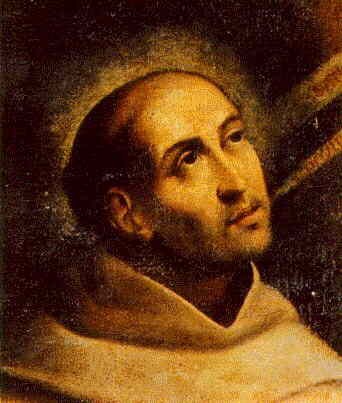The sound of silence

The course title was "Negative Theology: Lamentations, The Cloud of Unknowing, and The Dark Night of the Soul." Before class started at 9 a.m. I had to have the house cleaned to my military officer husband's specifications, cook a hot breakfast and do the dishes, wash and dress my preschool boys, drive to the south side of San Antonio, drop off my youngest child at day care, pick up and strap eight other children into seat belts in the Chevy Suburban and drive them to a nursery school, then drive to the seminary.
I noticed that the resident seminarians needed only to roll out of bed, walk downstairs with their cup of coffee and shuffle into class. It was the 1970s. I was the only woman in the class, and I sat in the back as far out of sight as possible.
The teacher came from a house of prayer in the desert to teach an "intensive" once a semester. The material he presented—from scripture, Teilhard de Chardin, John of the Cross, the anonymous author of The Cloud—turned my soul inside out: how I perceived reality, how the Divine seemed most present to me in solitude, silence and loving darkness. I was so moved that I was grateful he taught in a monotone—I thought that if he used gestures or extravagant modulations in his voice, I'd fall off my chair.




